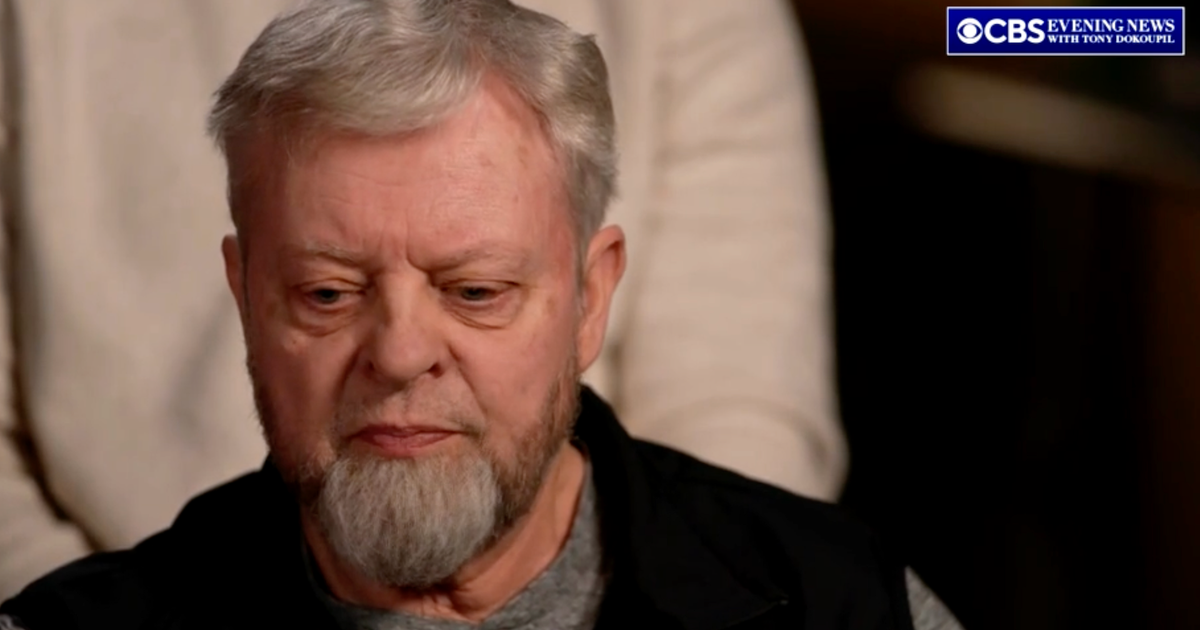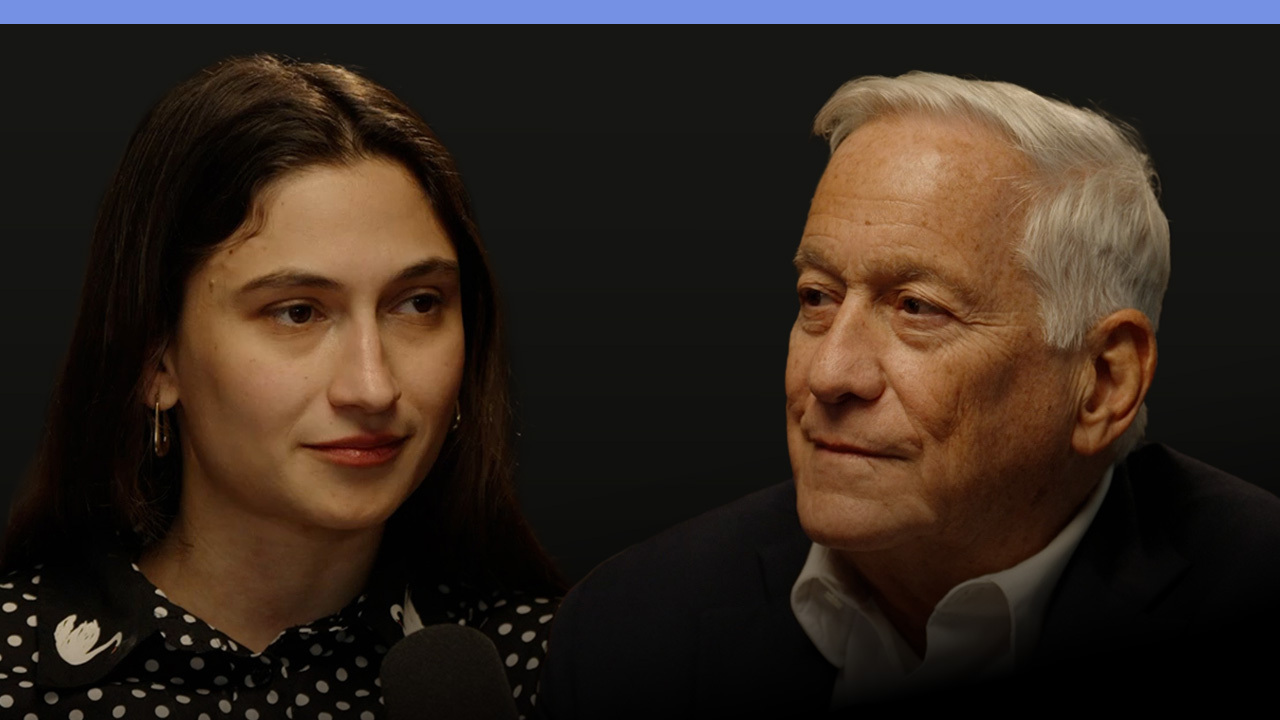"Say something, I'm speechless!": Inside the CBS News coverage of Apollo 11
On the morning of July 16, 1969, history was about to be made, and CBS News was ready to capture the moment. At 6 a.m., Walter Cronkite launched an unprecedented 46 hours of live television coverage of Apollo 11.
"It is now that there is time, if only briefly, to think of these three men and the burdens and the hopes they carry on behalf of all mankind," Cronkite said.
To cover the mission to the moon, CBS News circled the earth with a staff of more than a thousand. CBS News space correspondent David Schoumacher was covering the launch.
"Well, I was just another tourist. I had no idea that Apollo had so captured the imagination of people," he said. "When the launch went, everybody stood up. And Walter had devised his little catchphrase, 'Go baby go.' And the whole crowd of 500 VIPs was shouting, 'Go baby go.'"
With the astronauts on their way, the coverage would shift to headquarters in New York. Joel Banow was the director. His job was to explain each stage of the very complicated eight-day mission, with space age graphic simulations that rivaled reality.
"Today, there are people going around swearing that we never went to the moon. That it was all Joel Banow, did it all in the studio," Schoumacher said.
But the actual moon mission stole the show. Four days after the launch, more than half a billion people around the Earth looked toward the heavens, waiting for touchdown.
"We were holding our breath," Schoumacher said. When the moment came, "There was a great cheer in the studio."
"I was moving my hand left and right looking at the monitors and so forth and suddenly I see Wally [Shirra] moving his hand. And I cut to him. He had a tear in his eye. And then I see Walter [Cronkite], Walter is just rubbing his hands this way."
"Wally say something. I'm speechless," Cronkite said.
Cronkite's loss for words spoke volumes. The world was in awe.
"People on every single continent, for the first time in history, watched a live television broadcast together," said Teasel Muir-Harmony, curator at the Smithsonian National Air and Space Museum. "When you talk to people, their experience of Apollo 11 for the most part it is through this coverage."
Schoumacher called the CBS News coverage of Apollo 11 its "finest moment." But that "one small step for man" wasn't the end of the story. It wasn't until the astronauts returned to Earth that these new heroes began to see and understand all they had accomplished.
"Aldrin said to Armstrong, after he read the newspaper coverage, 'We missed the whole thing.' And that's because they missed the broadcast," Muir-Harmony said.
Schoumacher said Cronkite set the tone.
"Armstrong, Aldrin and Collins are the best of us," Cronkite said. "They've led us further and higher than we ever imagined."
CBS News' one-hour special "Man on the Moon," hosted by Norah O'Donnell, airs Tuesday, July 16, at 10 p.m. ET/PT.




